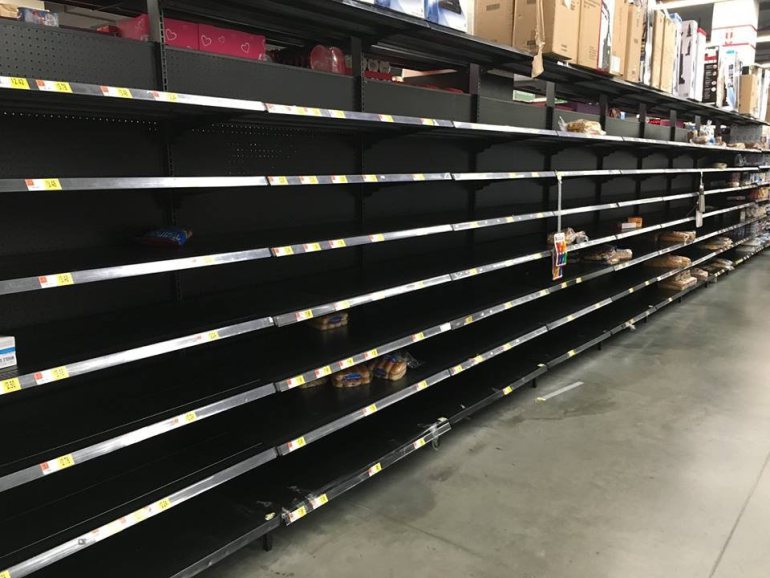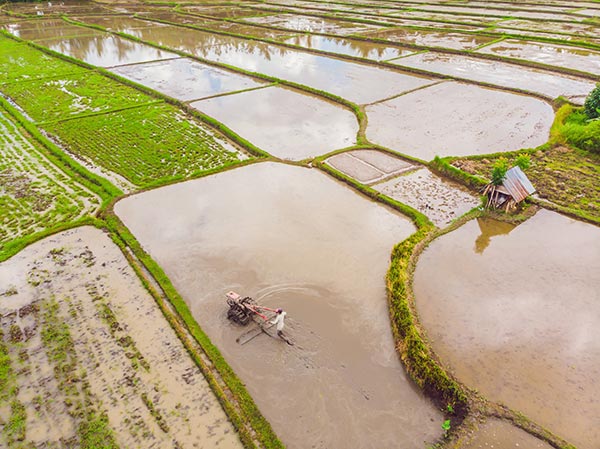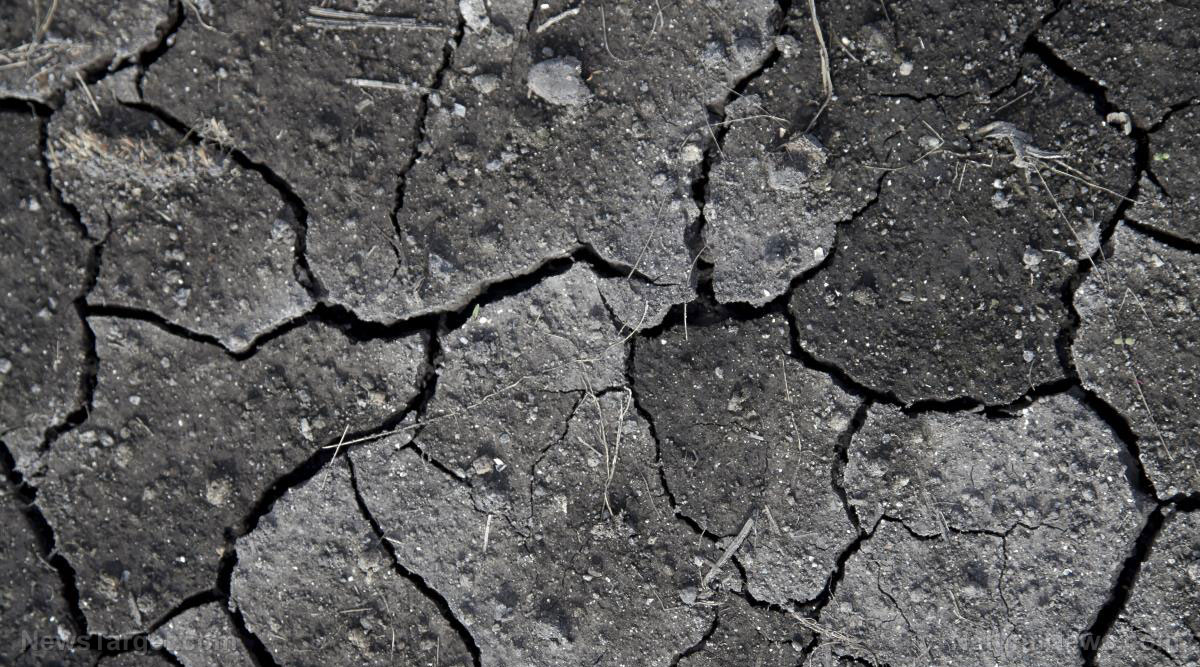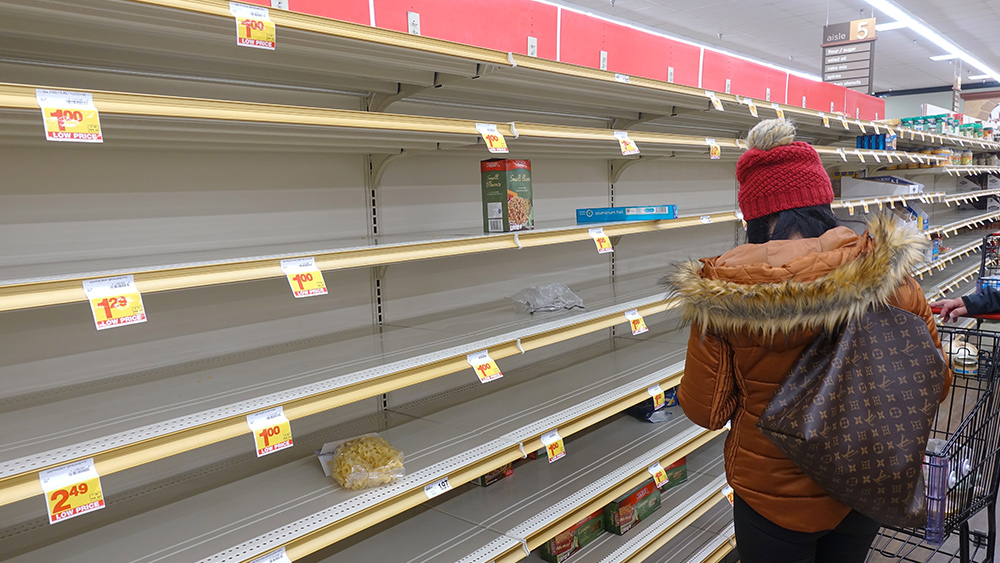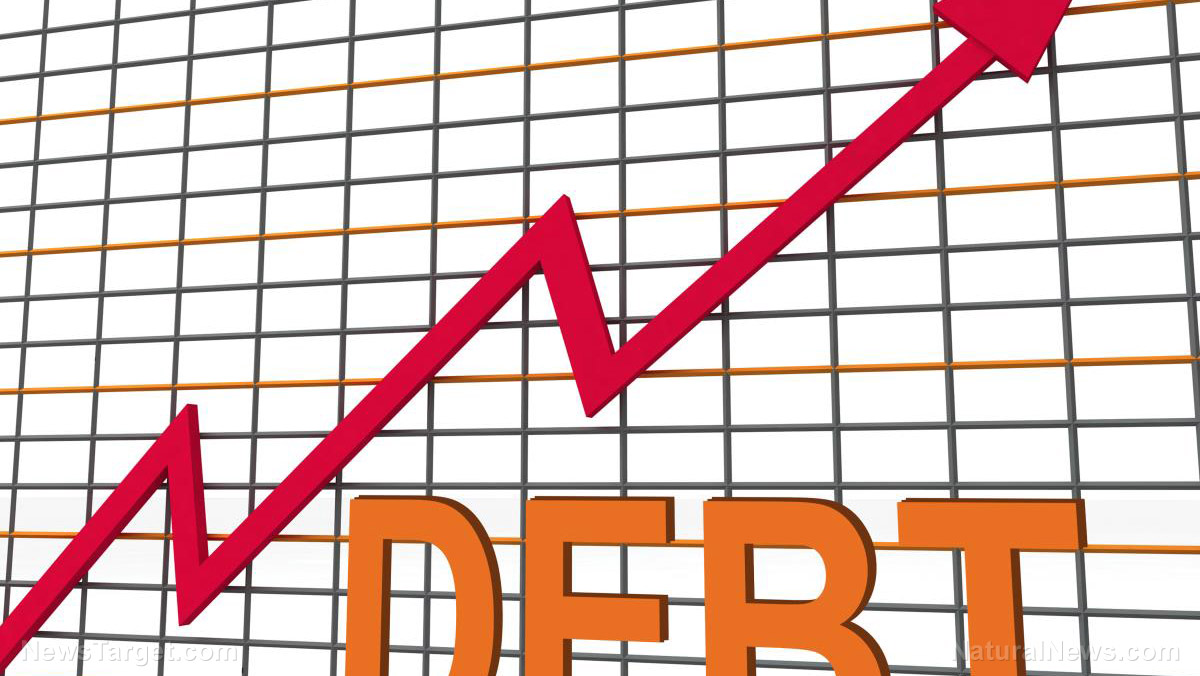Indonesia bans edible oil exports (i.e., palm oil), sparking global “mayhem”
04/26/2022 / By Ethan Huff
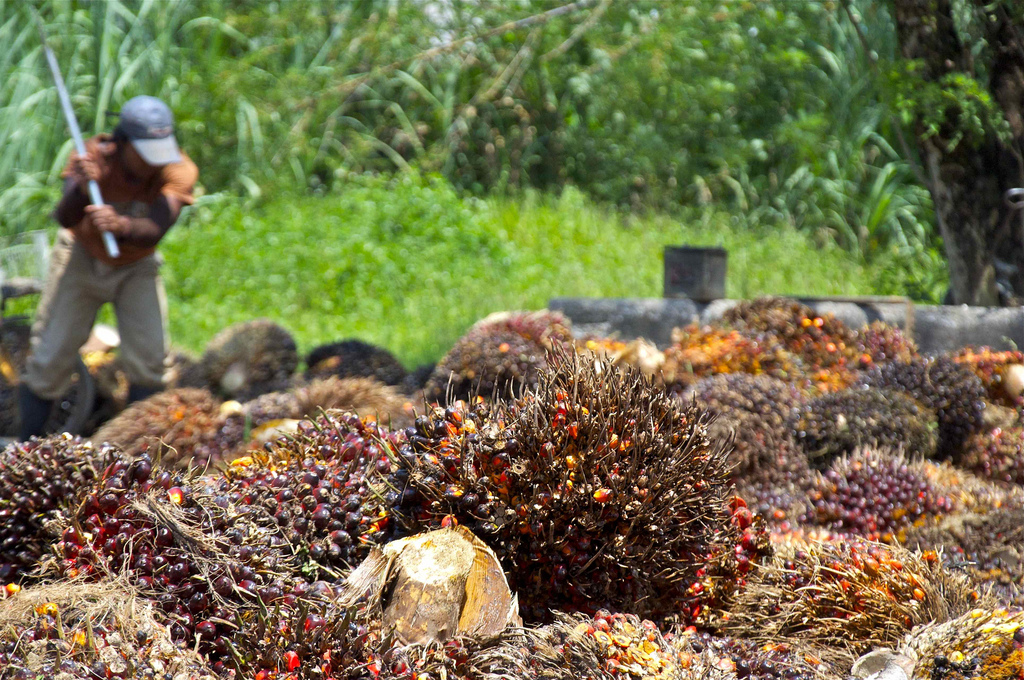
Food protection is increasing all around the world amid record inflation, persistent supply chain failures and growing food shortages.
The latest country to make changes is Indonesia, which will no longer export any edible oils, according to reports.
This is a huge problem for food producers everywhere that rely on inputs like palm oil – Indonesia is the world’s number-one producer of palm oil. Argentina also halted soy exports recently.
The Rockefeller Foundation is predicting a global food crisis later this year, the makings of which are already in motion.
Beginning on April 28, announced Indonesian President Joko Widodo, all cooking and palm oil products produced in Indonesia will be staying there, leaving the rest of the world stranded.
“I will monitor and evaluate the implementation of this policy so availability of cooking oil in the domestic market becomes abundant and affordable,” Widodo said in a television broadcast, explaining that the goal is to ensure that Indonesians have enough domestic supplies of these things for their own sustenance.
Is the global food supply collapsing?
Following the announcement, soybean oil futures rose more than three percent, reaching a record high of 84 cents per pound, as traders placed bullish bets that world supplies of palm and cooking oil will tighten even further in the coming days.
“The news will certainly create a mayhem,” said Paramalingam Supramaniam, director at Selangor-based broker Pelindung Bestari.
“We have the largest producer banning the exports of palm products which will add more uncertainty to the already tight availability of vegetable oil worldwide.”
Ukraine and Russia are also heavy producers and exporters of edible oils and grains. And experts from these countries are also said to be on hold, which is creating more supply problems.
“The Black Sea region accounts for 76 percent of world [sunflower oil] exports,” reported Zero Hedge. “Commercial shipments in the region have been disrupted due mainly by insurers for vessels charging very high war premiums that make cargo nearly impossible in insure.”
We are also hearing that Moldova, Hungary and Serbia are following suit with their own grain export bans and other protectionist measures. Pretty soon, it will be every country for itself.
“Increasing food protectionism is another worry for importers dependent on other countries (such as ones in the Middle East and Africa) that may lead to shortages and trigger unrest,” the Hedge added.
“As we noted initially, the Rockefeller Foundation has given a timeframe on when the food crisis begins.”
In the comment section, one person joked morbidly that the question is not whether countries will have enough oil to cook with, but rather if there will be anything left to cook with that oil.
“By that time,” responded another, “we’re all going to have to eat the proverbial boiling frog.”
Things will really get interesting, suggested someone else, once major chains like Starbucks and McDonald’s have to close due to insufficient inventory. Many fast-food chains in the United States have been having supply issues for at least the past year, and the situation will only get worse in the coming days.
“People in the West are generally too coddled and stupid to see a crisis unless they’re immediately affected, and sometimes that still won’t bring understanding,” this same commenter added.
Yet another responded to this by stating that 70 percent of the population will simply blame it all on Russian President Vladimir Putin while blindly lining up for their fifth Wuhan coronavirus (COVID-19) “vaccination.”
“Maybe they’ll run out of high-fructose corn syrup one of these days,” joked another.
More related news coverage about the failing global food supply can be found at Collapse.news.
Sources include:
Submit a correction >>
Tagged Under:
ban, big government, chaos, collapse, edible oil, exports, food collapse, food crisis, food protectionism, food shortages, food supply, Indonesia, mayhem, palm oil, panic, products, Russia, scarcity, supply chain, Ukraine
This article may contain statements that reflect the opinion of the author
RECENT NEWS & ARTICLES
FoodRationing.news is a fact-based public education website published by FoodRationing News Features, LLC.
All content copyright © 2021 by FoodRationing News Features, LLC.
Contact Us with Tips or Corrections
All trademarks, registered trademarks and servicemarks mentioned on this site are the property of their respective owners.





